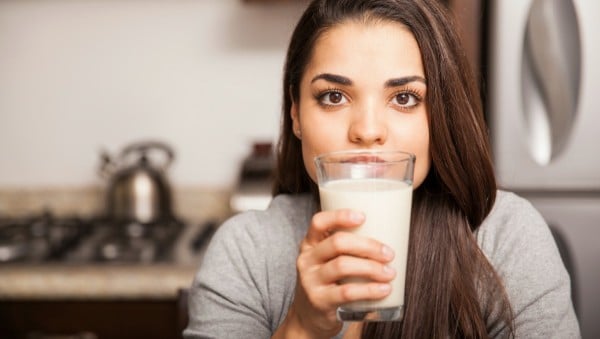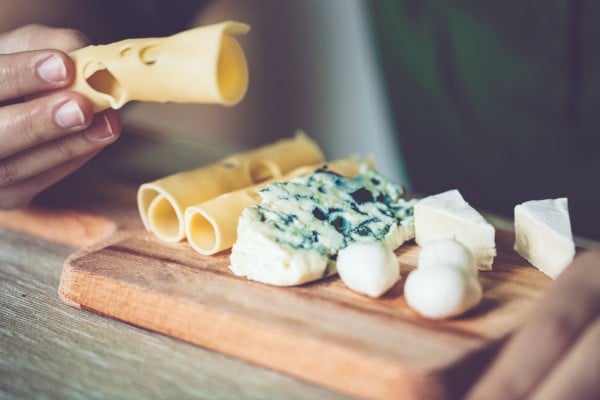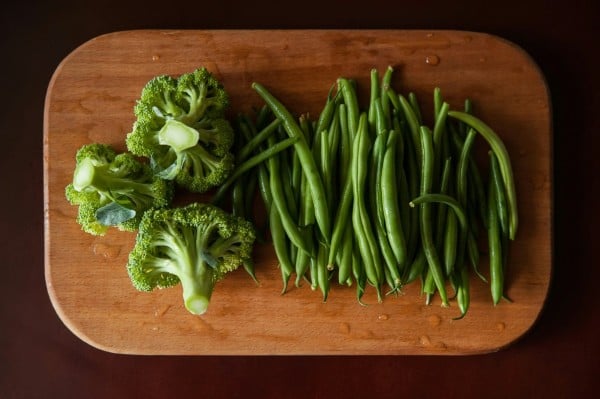
According to new research published in this month’s Public Health Nutrition journal, one in six Aussies is avoiding milk or dairy products despite have no medical reason to do so.
With dairy regarded as the best source of calcium for bone and dental health as well as a rich source of protein, the results have experts more than a little concerned – particularly for women.
“The scale of people restricting their diet without a medical reason is very concerning in terms of the public health implications, especially for women,” says CSIRO’s Bella Yantcheva.
“It means there is potential for nutritional deficiencies or imbalances, or the risk that an underlying health condition could be going untreated.”
Watch: Do you know how much sugar is really in your favourite drink? Post continues after video.
This is because women are at a higher risk of osteoporosis compared to men and have higher requirements of calcium during pregnancy and lactation.
The majority of the 1200 Australians surveyed by the University of Adelaide and the CSIRO for the study said they were making this choice to relieve adverse gastrointestinal symptoms such as cramps, bloating or wind.




Top Comments
Jeez. One week you're promoting vitamins and supplements and green smoothies and the next you're telling people science matters and to stop being dopes with their diet. You guys take the cake - though not literally of course, that's for another week.